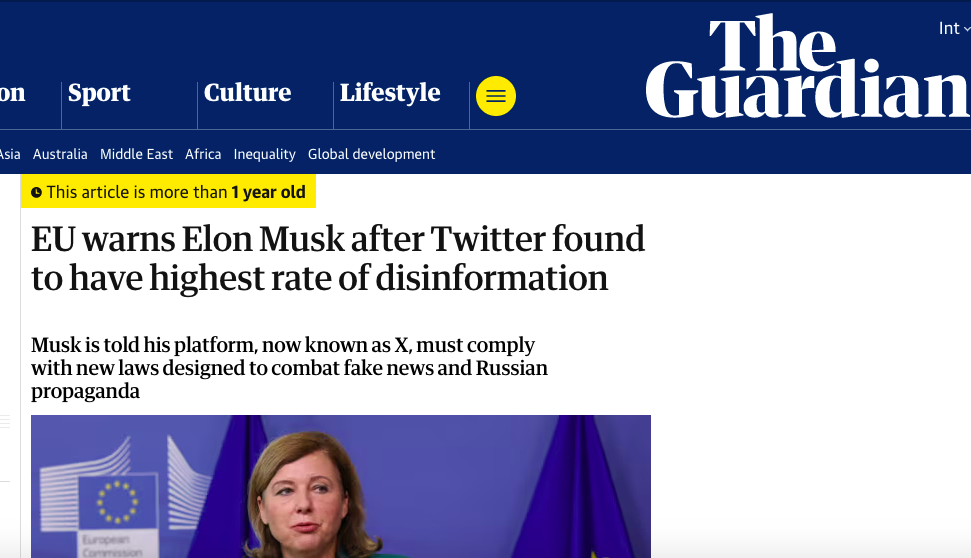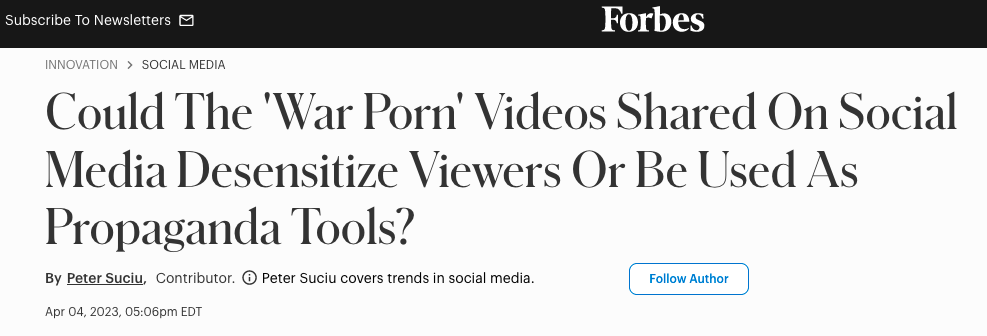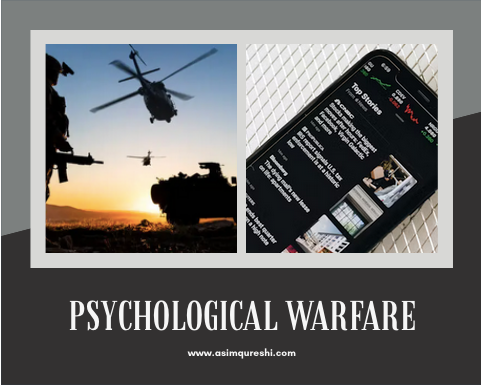When we think about war, we often imagine soldiers, tanks, and gunfire. But not all battles are fought with weapons. Some are fought with words, images, and ideas—and they can be just as powerful. This is the world of psychological warfare, where the goal is to win minds before winning battles.
In today’s age of social media, fake news, and digital influence campaigns, psychological warfare isn’t just a military tool—it’s something that can affect all of us.
What Is Psychological Warfare?
Psychological warfare is the use of information to shape how people think, feel, and act—especially during times of conflict. It’s used to confuse, weaken, or scare the enemy. It can also be used to inspire allies, gain public support, or control a population’s emotions.
Sometimes it’s as simple as dropping leaflets to tell enemy soldiers how to surrender. Other times, it’s more extreme—like spreading fear to drive communities from their homes.
Psychological tactics can even be used on prisoners of war to try to break their will or change their beliefs.
It’s Not a New Idea
This kind of warfare has been used for thousands of years. Ancient leaders like Cyrus the Great and Genghis Khan used fear, rumors, and carefully crafted messages to win battles before they even began.
Even during the American Revolution, leaders used pamphlets to shape public opinion and rally support for the cause. One of the most famous, Common Sense by Thomas Paine, inspired many colonists to take up arms.
How It Works Today

As technology evolved, so did psychological warfare. Tools like radio, television, and now social media allow these messages to reach people instantly, anywhere in the world.
Modern armies often have special teams trained to run these operations. During World War II, Korean and Vietnam wars, and more recently in Iraq, psychological warfare was a key part of military strategy. However, modern tools are used today and these efforts have included:
- Broadcasting messages via messaging apps like WhatsApp etc
- Using media to spread doubt, fear, or misinformation
Some revolutionary leaders made it the heart of their strategy. Figures like Mao Zedong and Fidel Castro believed winning support from civilians was just as important as winning on the battlefield. Their message? Control how people think, and you control what they do.
Why It Matters Today
Psychological warfare isn’t just something that happens during traditional wars. In today’s world, it can reach everyone—not just soldiers on a battlefield.
Think about:
- Fake news stories designed to stir fear or anger
- Online rumors that divide communities
- Propaganda videos meant to glorify violence or spread lies
These tools are often used to target everyday people—not with bombs or bullets, but with doubt, fear, and confusion.
Understanding how psychological warfare works helps us stay alert, question what we see, and protect ourselves from manipulation.

The Tools of Influence
Some of the most common tools used in psychological warfare include:
- Radio and television: For mass communication
- Social media + Messaging Apps: For targeted, fast-spreading messages
- Leaflets and posters: For direct instructions or warnings
- Loudspeakers: To reach enemy troops during conflict
- Misinformation and emotional appeals: To distort facts and stir up feelings
You don’t need high-tech tools to carry out psychological warfare—just a message, a method to spread it, and an audience to believe it.
The Dark Side
Not all psychological tactics are about persuasion. Some use violence and terror as a form of psychological pressure.
“The fighting in Ukraine is shared across social media in an almost constant stream of information.There is no denying that some of the footage is raw and brutal, while some of the clips posted to social media are now so polished, curated, and edited – not to mention accompanied by upbeat music – that it increasingly resembles footage from a video game. There is already a concern that these clips would serve as propaganda, and it is very likely that both Kyiv and Moscow are utilizing these clips to present their respective narrative of the war.” ( Forbes)
“There is a danger people can at times mistake video footage as entertainment,” warned Dr. Jeffrey S. Debies-Carl, associate professor of sociology in the Department of Psychology and Sociology at the University of New Haven.

These tactics show that psychological warfare can be just as devastating as physical attacks—and sometimes even more lasting.
What You Can Do
The best defense against psychological warfare is awareness. Here’s how you can protect yourself and your community:
- Think critically: Don’t believe every headline or message you see online.
- Check sources: Make sure the information you’re reading comes from a trusted, verifiable source.
- Don’t spread rumors: If something sounds too shocking, emotional, or extreme—it might be designed that way on purpose.
- Talk about it: Share what you know about psychological warfare with friends and family. Awareness is the first step toward resilience.
Final Thoughts
Psychological warfare shows us that not all wars are visible. Some are waged quietly, in our minds and through our screens. The goal isn’t always to destroy armies—but to shape opinions, break wills, and control behavior.
In a time when information spreads faster than ever, knowing how psychological tactics work gives you the power to spot them—and stop them.
Stay aware, informed and strong and share this with your loved ones for public awareness.
References:
- Britannica
- Forbes
- Euronews
- The Guardian
- AI =. Brave + ChatGPT
- Founder Asim Qureshi on X
- Psychological Warfare: The Battle You Don’t See - May 26, 2025
- The Magic Of Antique Cars - January 10, 2025
- Democracy Worldwide: An Alarming Decline - January 30, 2023



Great references and Good Read. Very effectively presented .
India experienced the worst kind of psychological war propaganda through its mainstream TV channels we all know the story and its good to read this sensible public awareness sort of blog.
Nice blog as always. I think India Pakistan War was more psychologically damaging than actual conflict or war what ever you may want to call it.
Its definitely not a new idea or a good one. But you write so well everyone should be aware of such ills of war.
Love it. Simply explained and good writing.